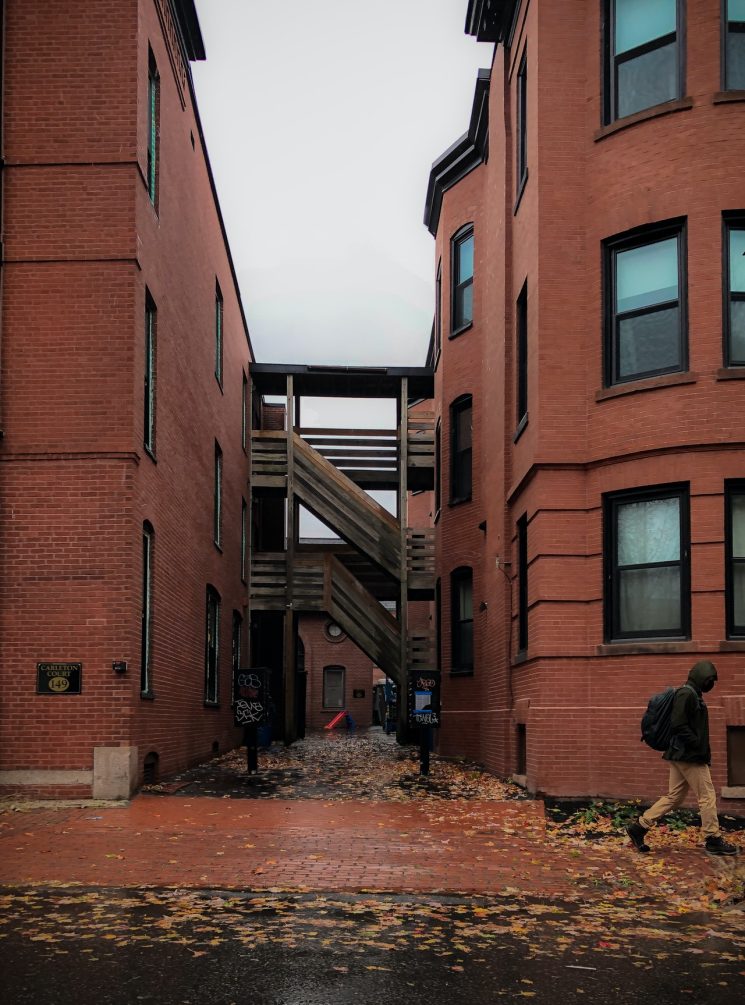Whilst no landlord wants to think of their tenant causing any kind of damage to their property, this can and does happen. Malicious damage is when someone (either a tenant or a guest) carries out an action on a property with the intention of causing harm to the building or contents. This can include breaking doors, ruining furniture, carrying out arson or graffitiing walls, as well as other damage.
Malicious damage can be expensive to fix and it’s usually down to the landlord to rectify, even when damage has been caused by a tenant. It can sometimes be difficult to prove that damage was caused through intent, so it’s important that both commercial and residential landlords take out the correct real estate insurance to protect themselves and their property.
There are also other ways to help prevent and protect your property from malicious damage.
Security
Using security film on windows can make them more difficult to break if someone were to intentionally attempt to smash them.
It’s also a good idea to invest in commercial CCTV installation to deter any malicious intent in the grounds of your property and to make sure anything that does happen is recorded for police evidence.
Remember to report any incident to the police and get a crime reference number.
Be prepared
It would be nice to think that every potential tenant can be trusted but, sadly, that’s not always the case. Before renting out a property, be sure to make thorough checks on those wishing to become a resident to minimise the chances of any criminal damage. Ask for and follow up on references to confirm a tenant’s details.
It’s also a good idea to take photos of your property prior to any tenant moving in and at the end of a contract so you have evidence, should you need it in the future. Carry out an inventory and list every item, detailing any wear or tear, and give a copy to your tenant to sign. Use anti-graffiti paint to deter any criminal artists.
Inspect
Carrying out regular, formal inspections will enable you to assess any maintenance work or repairs needed and check the property is being well looked after. Make sure you arrange these in advance and explain the kind of checks you’ll be making.
Good communication with your tenant, either privately or through a management company, will build trust and enable both parties to address any issues or concerns as they arise.
Although following these steps won’t necessarily prevent all instances of damage, it means you can be prepared and reduce the risk of your property suffering due to malicious damage.





